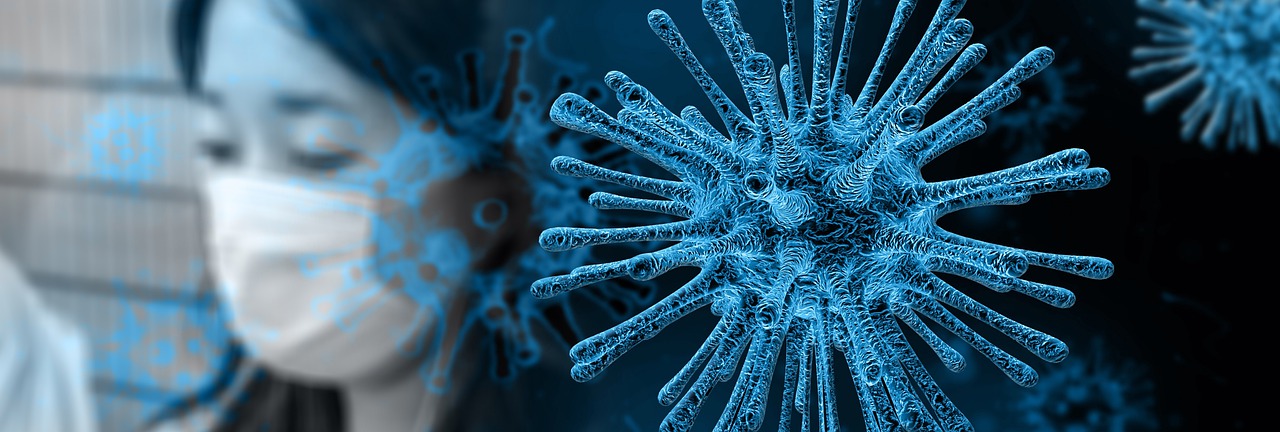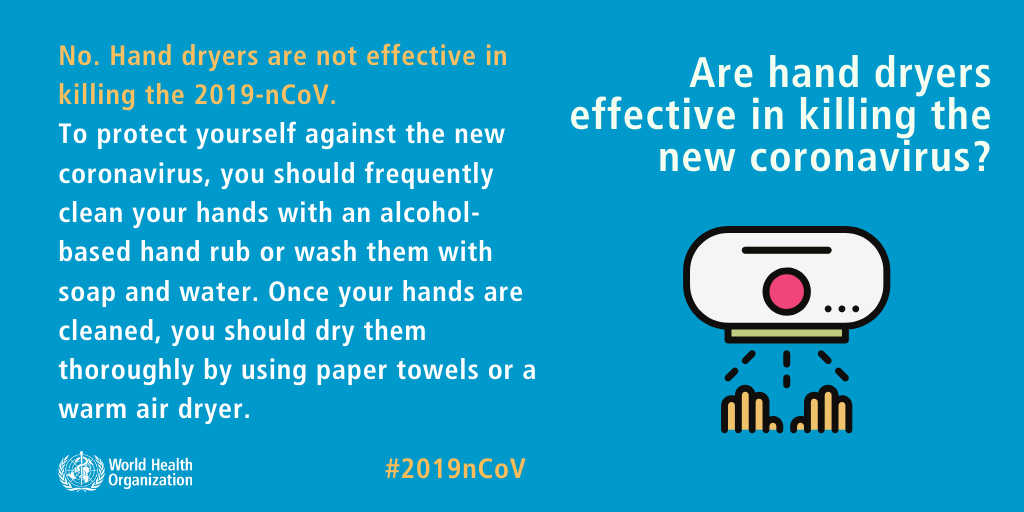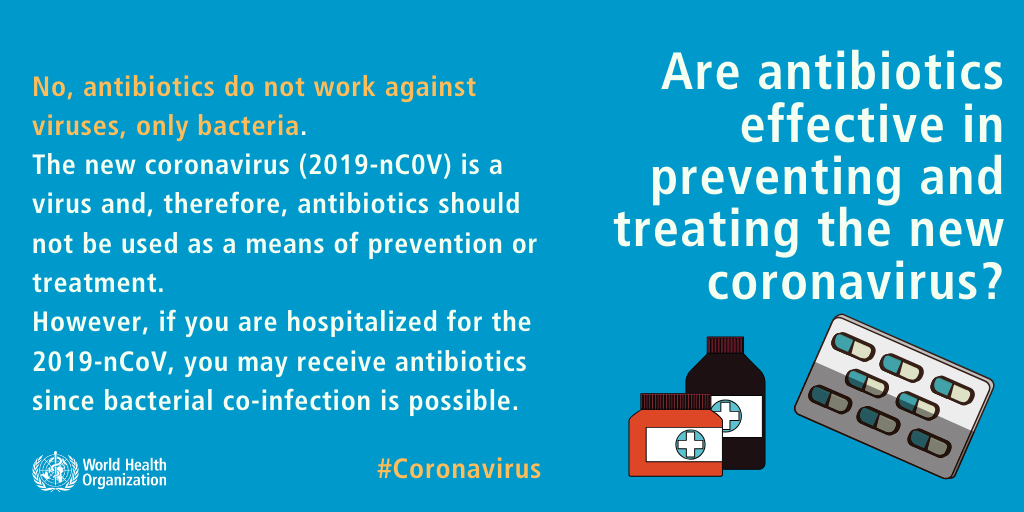
Note: This article was written in February 2020, and at the time, we, like much of the public, didn’t have a comprehensive idea of what the pandemic would hold for us. There is reason for concern about the spread of COVID-19 throughout 2020 and into 2021. Masks (of any kind, though some are better than others) do work to help prevent the spread COVID-19.
The coronavirus has taken the world by surprise. In a pandemic style outbreak, the coronavirus has caught many countries in a pandemic-like state. Is the coronavirus truly something you should be concerned about? What steps should you take to prevent coronavirus from affecting your family or office? What do we truly know about the coronavirus?
What is coronavirus?
Coronavirus, also known as SARS-CoV-2, or COVID-19 (and sometimes even 2019-nCoV) is a type of coronavirus found in humans, starting in 2019, and originally found in Wuhan, China. Coronaviruses are naturally occurring in humans, and even cause the common cold. According to the CDC, “Genetic analyses indicates that SARS-CoV-2 is related to the SARS-CoV associated with an outbreak of respiratory illness among people in 2002-2003”, which may be why SARS sounds familiar to you.
Is coronavirus transmittable from human to human?
Yes. If another person is infected with coronavirus, it can be transmitted from person to person, much like how someone with the common cold can give it to someone else.
Where did coronavirus come from?
It is hard to know for sure, as researchers are determining where coronavirus has originated from. The CDC reports that an analysis of COVID-19 can trace it back to bats, however it is not certain if there were other animals between the transmission from bats to humans.
I live in the US. Should I be concerned?
There is no reason to be highly concerned about coronavirus at this time. The US has seen 15 cases of coronavirus total, and there are likely to be more individuals affected by this virus in the coming weeks, but the government, CDC, and aiding government bodies are working hard to determine a cause, a treatment, and to quarantine individuals who may have coronavirus. There is no need to leave the house with a mask, avoid items purchased from China, or avoid areas with dense populations of Asian individuals. Additionally, coronavirus so far has only killed 2% of infected individuals, and those individuals were the sickest — those with weaker immune systems.
How long can coronavirus live on surfaces? Most of my stuff comes from China, is it safe to order from there?
Live Science reports that some strains of coronavirus can live on surfaces for up to 9 days. However, coronavirus can be wiped out with proper household disinfecting. Live Science reports: “disinfectants with 62-71% ethanol, 0.5% hydrogen peroxide or 0.1% sodium hypochlorite (bleach) can “efficiently” inactivate coronaviruses within a minute, according to the study”.
It is much more likely that coronavirus is spread through close contact and respiratory droplets than from surface contact. Items shipped from China, even if they were by some fluke infected with coronavirus, take long enough to get to the US that coronavirus would be long dead on the surface of these items. Items made in China but shipped from the US are likely to have been manufactured and stored in a warehouse long before the outbreak of coronavirus.

How can I prevent the spread of coronavirus?
Surgical mask: Fiction
You may think that leaving the house with a surgical mask is a good idea for prevention. This is right only some of the time. The mask must be worn properly, and must be the proper type of mask. For example, a simple surgical mask is likely not going to help keep you from contracting coronavirus. Instead, a mask called an N95 mask that requires being fitted to create a perfect seal, is more likely to help prevent contracting coronavirus. Still, it requires no cracks in the mask and can be difficult to breathe through. Masks are supposed to be meant for those who are already infected, not for healthy individuals.
Hand washing: Fact
The most prominent and easiest way to prevent the spread of coronavirus, as with any virus, is through proper handwashing. That means washing your hands with soap for at least 20 seconds. Wash hands before eating, after going out to shop or handling things in public, after sneezing or coughing, after blowing your nose, and after using the bathroom.
Hand dryers kill coronavirus: Fiction

No, hand dryers do not kill COVID-19. Ensure you are properly washing and drying your hands when you should.
Antibiotics can treat coronavirus: Fiction
Like any virus, coronavirus is not affected by antibiotic use. Bacterial infections are treated with antibiotics, not viral infections. Do not ever attempt to self-treat any sickness with antibiotics, as overuse of antibiotics can create bacterial strains that are resistant to antibiotics.

Disinfection: Fact
Disinfecting surfaces properly (and we mean properly!) can kill coronavirus, common cold, the flu, and more. This is why it’s important to disinfect commonly used areas including kitchen counters, office desk and countertops, and other areas touched by a lot of hands that may not be the cleanest.
Garlic, sesame oil, bleach, steroids, essential oils, ethanol, etc: Fiction
None of these “solutions” will kill coronavirus or stop you from getting sick (especially if you’re already contaminated), and in fact ingesting or gargling with some of these items (especially the bleach) may even kill you.
Please stay safe out there as researchers and health care officials work towards bringing an end to this pandemic. Remember to wash your hands and disinfect surfaces, cough into the crook of your elbow, and stay home when you’re sick!


